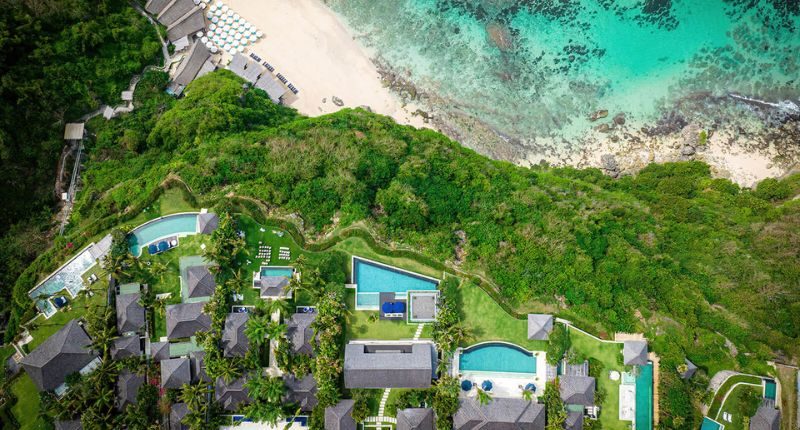
- Kō is the first Australian-based co-ownership company to focus on the holiday home market in South East Asia
- The company offers property across Bali and Lombok, Indonesia, and Malaysia
- Prospective investors can purchase a fraction of the home
In a first for the Australian property market, investors will now have the opportunity to co-own a holiday home across a variety of international locations including Bali, Lombok, Indonesia and Malaysia.
Kō is the first fractional holiday home ownership platform for property in the Asia- Pacific region to launch in Australia, and aims to help make holiday home ownership accessible by allowing people to split the financial costs with up to eight co-owners.
Although this concept is new to the Australian market, similar setups have proven popular across Europe and North America. Startups in the space have reached “unicorn status” — the value of over $1 billion — in record timeframes.
Kō was founded in 2022 by CEO Ryan Fritsch, CTO John Hanna, and Ash Kirvan along with hospitality and development company Selo Group.
“Co-ownership makes the dream of owning a holiday home attainable,” said Mr Fritsch.
“With property prices at record highs and inflationary pressures – the co-ownership model provides a viable solution.”
Ryan Fritsch, Kō CEO
“People want access to holiday homes, but these are only used 10 to 20% of the time – so why tie up all your money in one when you can share ownership?
“Kō also unlocks the potential to own multiple holiday homes for effectively the same
cost,” he said.
How does it work?
Each holiday property is divided into eight units with prospective buyers given the opportunity to buy as many or as few units in each home as they wish.
For each unit, owners can enjoy 42 days at the property. House expenses are shared between owners based on the ownership percentage each holds.
Mr. Fritsch emphaises that co-ownership is not the same as timeshare.
“Kō buyers are equity owners in a property, it is a true co-ownership model rather
than a time-share agreement. Co-owners are the equity owners of the properties,
having the benefits of traditional homeownership such as how and when they sell
their respective share” Fritsch said.
By contrast, time-share agreements require an upfront annual fee to be paid to use a
property during a designated portion of the year.
While Kō is the first Australian-based co-ownership company, to focus on the holiday homes market in South East Asia, it is certainly not the first co-ownership offering on the market.
Bricklet has been shaking up the property market for some time. The CEO Darren Younger has spoken to The Property Tribune about some of the reasons to buy into the fractional property market.
~~
Disclaimer: This article contains general information and should at no time be considered financial advice to the reader. The reader should always verify their situation with their financial advisors before taking any further steps.












